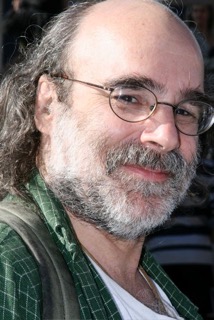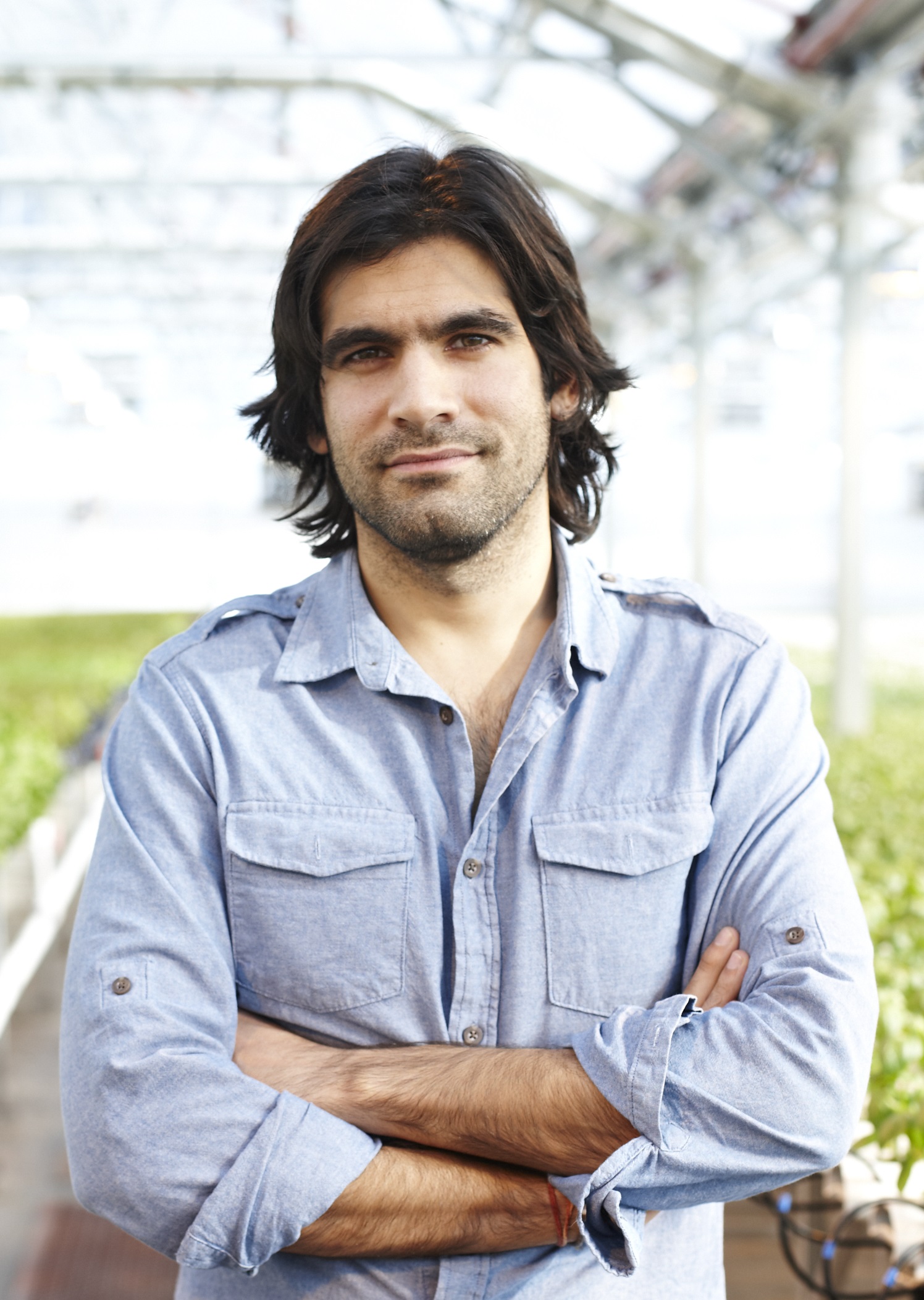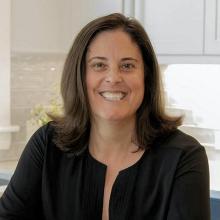BuildingEnergy 15 is not just about buildings, or just about energy... Thanks in large part to the efforts of Robert Leaver, chair of BE12, the BuildingEnergy conference now features a number of sessions on community and infrastructure scale approaches to sustainability.

For this blog post Rachel White, vice-chair of BuildingEnergy 15, reached out to speakers such as Rebecca S. Rahmlow who are working at the community scale to find out what we can look forward to in their sessions. Respondents include Brian Bowen and Russell Koty, who are presenting on the City of Somerville’s residential energy efficiency program, and George Mokray and Viraj Puri, who are speaking about urban agriculture.
Rachel: Why do you think it’s important for the Building Energy conference to include sessions on sustainability at the community and infrastructure scales?
 George: Our lives are more than just the buildings we live in. Public transportation certainly has an effect on what gets built where and how it's used, and that's also part of our energy profile that needs consideration. Then there's the land and water and systems that feed into our buildings. We can make the most "energy efficient" building possible, but if we don't deal with those issues as well, it will be a waste.
George: Our lives are more than just the buildings we live in. Public transportation certainly has an effect on what gets built where and how it's used, and that's also part of our energy profile that needs consideration. Then there's the land and water and systems that feed into our buildings. We can make the most "energy efficient" building possible, but if we don't deal with those issues as well, it will be a waste.
Brian: I always think of buildings and cities together because cities are constructed environments. About 75 percent of electricity use in cities goes to buildings. Cities also have tremendous power to regulate the built environment. They have done an admirable job improving building operations through “lead by example” programs, and they are hotbeds of social activity and community organizing. So it really makes sense to focus on cities as key drivers of sustainability.
Rebecca: Infrastructure such as the grid or even the food supply will have a growing impact on our individual projects as designers and the sooner that we can advocate for infrastructure advancements, the sooner we will be able to make our individual projects a more integrated part of a greater whole. Individual sustainable projects and urban farms are good examples-- but when these projects are integrated into a larger efficient infrastructure, they will truly achieve success.
Rachel: What about food and water: why do these topics belong at the conference?
George: Food is energy, as much a secondary solar resource as wind or hydropower. Every human bean (my preferred form of the word) is solar powered, and our imaginations are one of the most powerful forms of solar energy.
Viraj: The increasing scarcity of natural resources around the world underscore the importance of efficiency in every aspect of our lives, from the buildings we live in to the clothes we wear and the food we eat. Construction and city planning must now also encompass the infrastructure needed for agriculture and local food production.
Rebecca: The cost of food is directly related to the cost of the fuel that is required to produce it and transport it. Combined with that is the fact that cities now house over 50% of the world's population. The more locally we can produce this food, the more affordably we can supply it to our growing (and urban) populations.
Rachel: How does your session help us to look beyond the building?
Russell: An effective municipal energy efficiency program is built on strong community relationships and partnerships. Our session “It Takes a City” aims to broaden the discussion of building efficiency to include the key partnerships needed to achieve citywide energy reduction goals.
Viraj: Our session “Urban Food Distribution” will focus on the rise of urban agriculture and the important role that it will play in cities around the world. Cities don’t have a ton of arable or fertile soil but one vastly underutilized resource we do have is unused rooftop space. This adaptive use of urban space can benefit both owner/developers and farmers while making a significant impact on local communities.
Rachel: What are the challenges to integrating building and community scale approaches to sustainability?
Brian: Funding is a huge one. The stimulus funds made cities sit up and take notice of the tremendous opportunity to improve energy efficiency. But now it’s up to them to continue the investment. There are many creative approaches, but cities need to look beyond the usual sources for funding.
Russell: Data sharing is a large obstacle. Knowing aggregated usages for municipalities will facilitate more effective programs than a cookie cutter efficiency program model.
George: The challenge is one of vision and integration. How do we imagine the cities and the buildings we want to live in and how do we integrate that vision?
Rachel: How can building professionals work more effectively with urban planners and other community scale sustainability practitioners?
Brian: Zoning and building codes are very powerful tools, but they are also blunt instruments for creating change. Coming from a planning perspective, I really value the “on-the-ground” expertise of building professionals who understand how codes are translated into design and construction, and how they can be made more adaptable to changing technologies and practices.
George: Do building professionals and urban planners ever talk to each other? Are there forums where they can? My advice to both the planner and the building professional: listen to the people who live in the areas where you plan and build, and most especially, talk to the janitors.
Rebecca: More interdisciplinary venues like BuildingEnergy 15! I have seen interesting collaborations happening between planners and architects in Boston, particularly with regard to water resiliency. Smaller efforts, such as the urban farms we see appearing in our US cities can lead to big change-- we as planners and building professionals need to pay attention to these entrepreneurs and grassroots efforts and take these ideas to more of an infrastructure level.
Learn more about BuildingEnergy 15: http://nesea.org/be15
Our Mission
NESEA advances sustainability practices in the built environment by cultivating a cross-disciplinary community where practitioners are encouraged to share, collaborate and learn.










Add comment